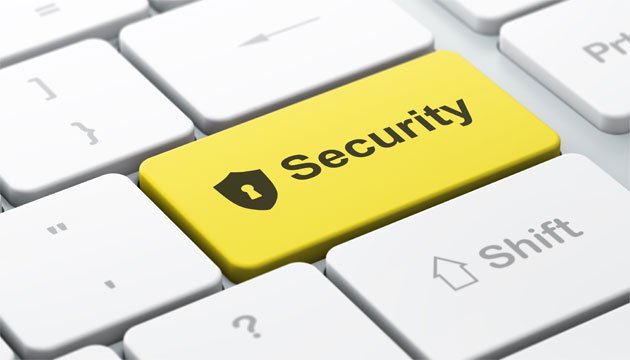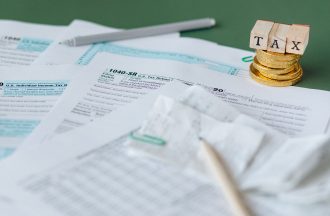
Benjamin Franklin once said, “In this world nothing can be said to be certain, except death and taxes.” While these words still ring true, e-file and tax software advancements at least make the process easier than ever for entrepreneurs and the self-employed.
Cybercriminals are coming up with new and adept ways to steal…
However, tax season can also be an easy time to fall victim to fraud and identity theft. Approximately 160,000 taxpayers filed tax-related identity theft complaints in 2012 – more than double the number of complaints in 2011. Cybercriminals are coming up with new and adept ways to steal personal and business information, file fraudulent claims and even hijack tax returns.
Here are a few tips to keep your information safe and secure this tax season:
- Carefully select your tax professional or tax prep software. If you opt to use a tax professional, do some research first – don’t simply choose the provider who promises the biggest refund. Consult friends and business connections. IRS.gov also has information about tax professionals and approved software that support online filing.
- Create a complex, unique password for all tax software – online and over-the-counter. Avoid common passwords, such as “password” and “1234.” Instead, use a combination of letters, numbers and characters. Do not write down or share your password with anyone.
- If you choose online tax software to e-file, make sure your Internet connection is safe. Look for indications that the connection is encrypted, including “HTTPS” in the browser address bar. Trust marks, such as the Norton Secured Seal, also indicate that site is verified and likely free of malware. Avoid preparing or filing taxes on a shared, unsecured connection like an open Wi-Fi network in an office building or coffee shop. Instead, use a Virtual Private Network (VPN) or wait to connect to a protected network.
- Secure your tax documentation and returns. If you file electronically, you will likely end up with PDF copies of your tax return. To safely and securely store these on a PC, right-click the file in “My Documents” and select “Encrypt.” All important files should be backed up or duplicated in a location other than your computer. Likewise, hard copies of tax returns and documentation should be stored in a secure location, such as a safe or locking filing cabinet in your business or home office.
- Make sure your Internet security software is turned on and up-to-date. Norton 360 Multi-Device is a good option. This full, comprehensive security suite works on PC and Mac computers as well as tablets and mobile phones. In addition, it automatically backs up documents and provides secured online storage. A one-year subscription covers up to five devices, so it can be a great solution for entrepreneurs or and the self-employed. Never use a public computer to prepare your taxes.
Marian Merritt is Norton’s Internet Safety Advocate. She writes and speaks about issues impacting online security and safety. For additional security tips and information, follow @MarianMerritt or @NortonOnline.








